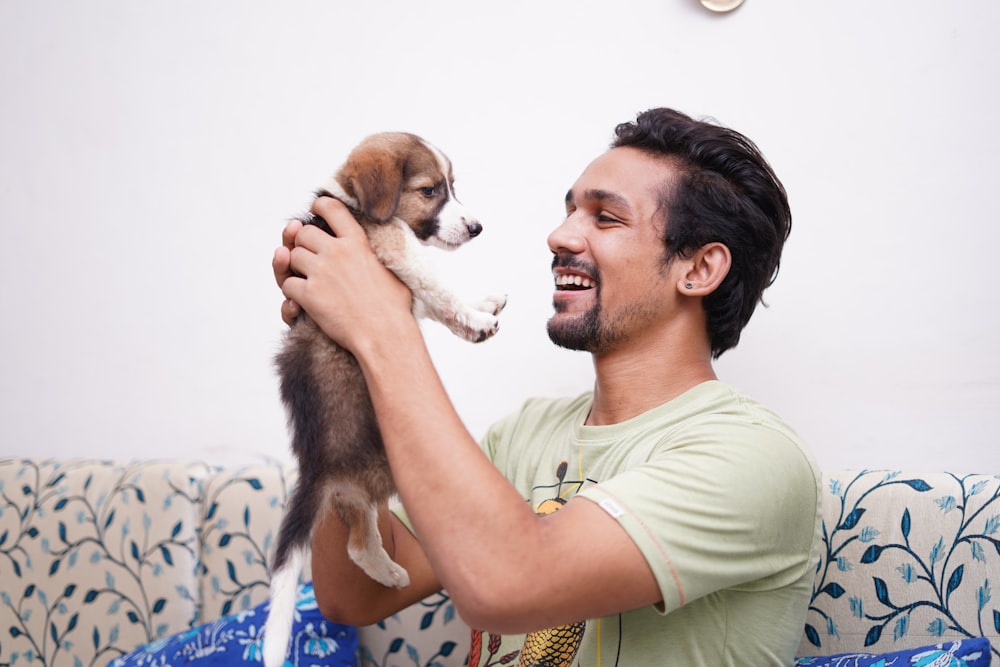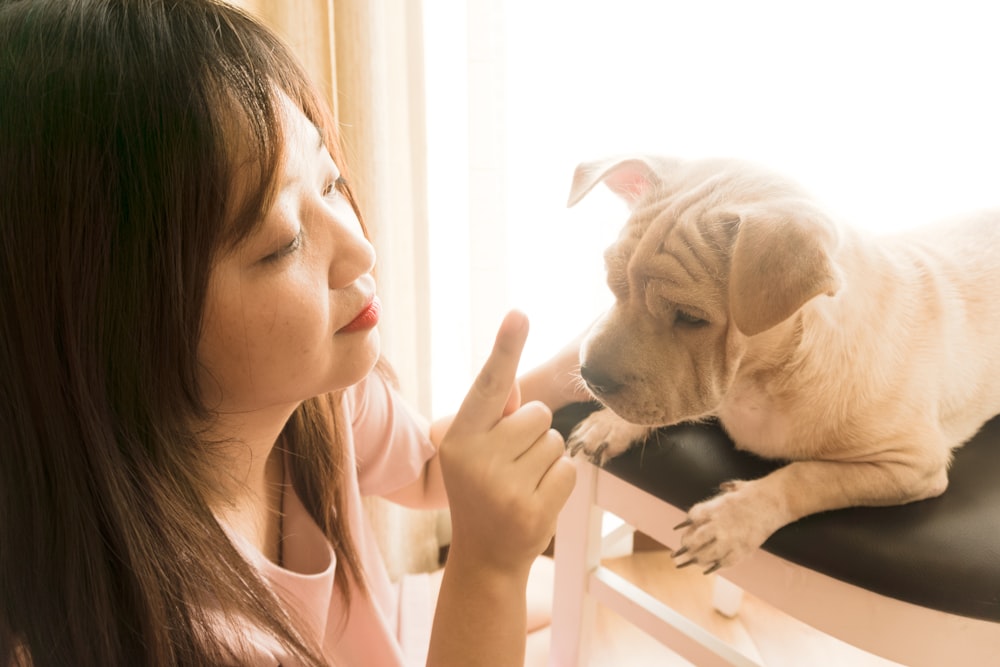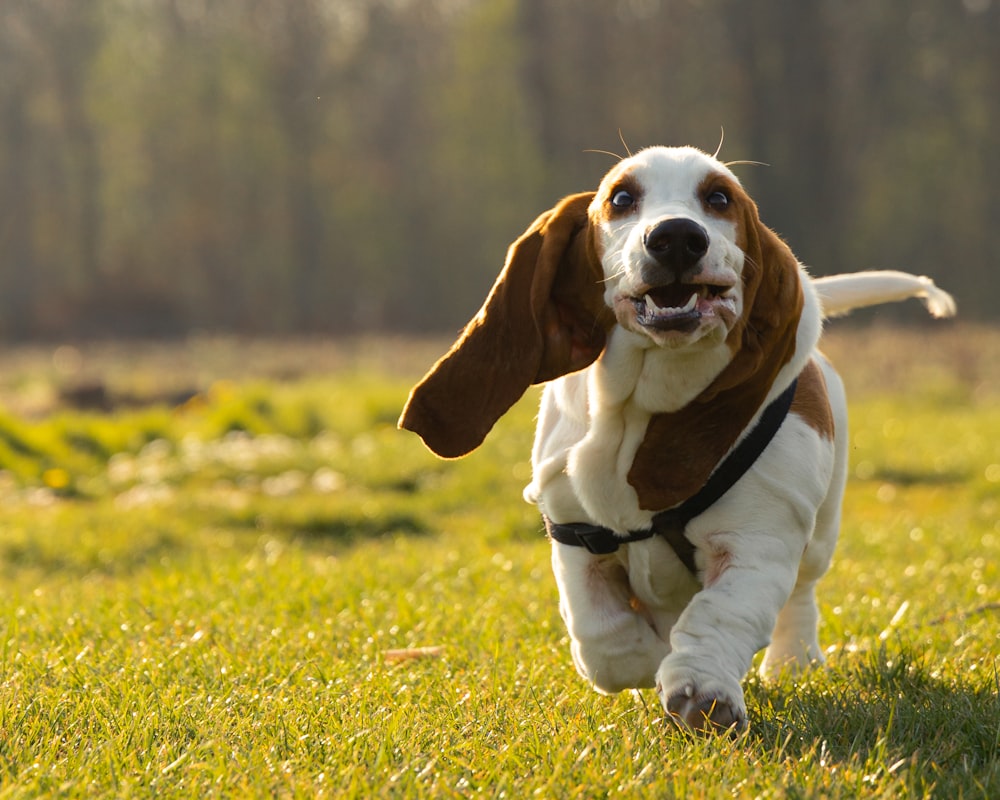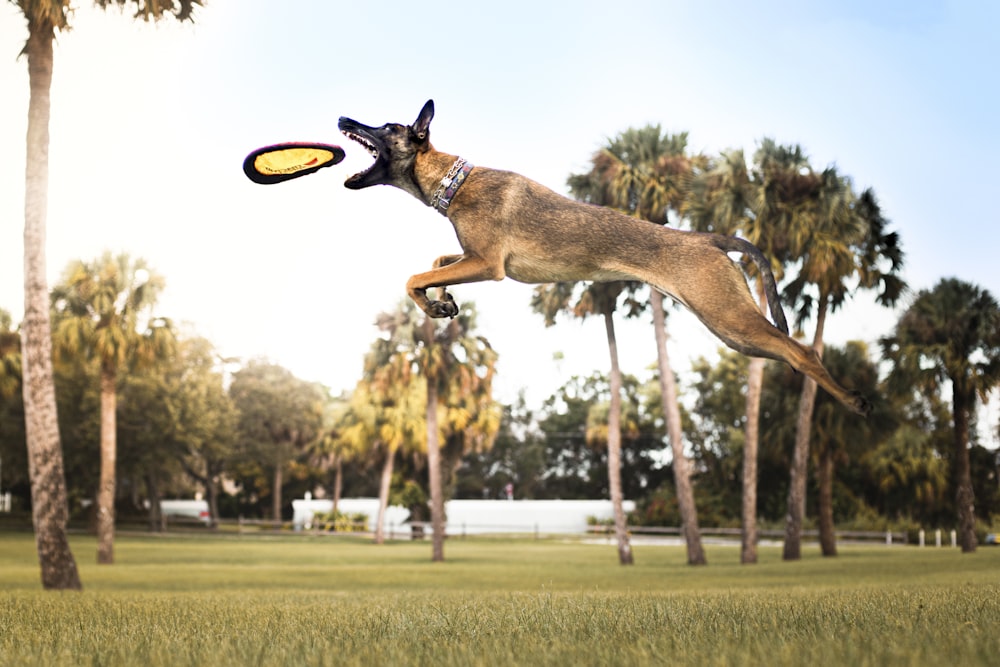You got a puppy, now what? Bringing home a new puppy is one of the best things in the world. They’re tiny fluffy paws and cute little noses, their incredible puppy smell, and the best puppy cuddles — what more could you want? What anyone who’s raised a puppy can tell you, though, is that bringing a puppy home is the easiest part of raising a puppy. Along with the adorable snuggles, you get razor-sharp puppy teeth that chew your belongings — and you.
Puppies are babies in every sense of the word, and they need training and plenty of it. If you’re no professional dog trainer, have no fear, there are plenty of puppy training classes to help your and your puppy start on the right path together.

Puppy Training Classes
There are many kinds of puppy training classes with different purposes. Some courses are separated by age, while others work on different skills. Here are just a few popular categories of puppy training classes.
Puppy Kindergarten
Taking your dog to “kindergarten” puppy training classes serves several functions. Firstly, your puppy must socialize with different dogs, people, and situations. Puppies that are not adequately socialized or more likely to be fearful or aggressive in unknown situations. A well-socialized dog is more comfortable and confident, even in new or potentially scary scenarios.
Secondly, puppy kindergarten classes give you tools and teach you how to train your pup into a well-behaved companion. These classes give you the tools and skillset you need to teach your dog how to behave and how to effectively communicate with you (and vice versa!).
Lastly, puppy kindergarten begins to help you tackle unwanted behaviors like chewing, biting, stealing food, and jumping. Your instructor is a valuable resource for puppy development and puppy care, ready to answer any questions you have about your new dog. Puppy kindergarten is usually for dogs less than nine months old or so, but it varies.
Basic Obedience Puppy Training Classes
While puppy kindergarten lays the foundation for your puppy’s social skills, basic obedience puppy training classes start you and your dog on the path to becoming a balanced team. Many new puppy parents aren’t dog trainers, and that’s perfectly ok. In an introductory obedience class, your instructor will teach you how to teach your dog various skills. You will learn about clicker training and positive reinforcement and how to use tools like these to teach your dog almost any behavior you can think of. Some basic obedience skills you will teach your pup are sit, stand, come, and stay.
Some other behaviors you focus on in these puppy training classes facilitate training these behaviors. For example, your instructor will show you how to teach your puppy to focus on you, even when there are distractions present. They will also give you techniques to help your puppy calm down and stay calm, making training sessions more effective.
Instructors often include information such as property grooming techniques, how to become your pup’s leader, and further work on correcting behavioral issues that crop up as your dog ages. Overall, the goal of this class is to help you raise a disciplined, balanced dog into your household and home. These basic obedience classes are usually for dogs under a year to a year and a half old.

Transitional Obedience Puppy Training Classes
Transitional obedience puppy training classes continue to build on the foundation of the basic obedience classes. These classes give you more tools and experience as a trainer and further develop your dog’s behaviors.
Some of the behaviors in these classes include learning manners. “Manners” might consist of how to sit nicely to be pet, how to walk through a public space, or how to follow strangers, such as when you have to hand your dog off to a vet, groomer, or border. This class continues to teach your dog how to ignore distractions and maintain their focus on you in various situations.

Advanced Obedience Classes
Advanced obedience classes aren’t really for puppies. Once you have made your way through kindergarten, basic obedience, and transitional obedience, your puppy will no longer be a puppy but a full-grown (or nearly full-grown) dog. These classes focus on advanced behaviors such as how to behave off-leash.
A large part of advanced obedience is recalls, when you call your off-leash dog back to you. A rock-solid recall is an absolute necessity if you ever plan to have your dog off-leash in an unfenced area. Recalls keep you, your dog, and other people and animals safe. Another essential advanced behavior is stay. Like recalls, a strong stay, where your dog will remain in place indefinitely, keep your pup safe, especially in off-leash scenarios.
Many advanced obedience classes will train fun behaviors, too, such as fetching or jumping. Advanced courses allow you and your dog to continue to build confidence, improve communication, and further develop your ability to work as a team.

What Puppy Training Classes Are Right For Me?
What puppy training classes best suits you and your puppy depends primarily on their familiarity with training and a little on their age. Class requirements vary by instructor, so check into local classes and see what they offer and which course might be the best fit for you. If you’re having trouble finding a class, check with your veterinarian for recommendations. Each class you take will bring you and your dog closer together than ever before.
